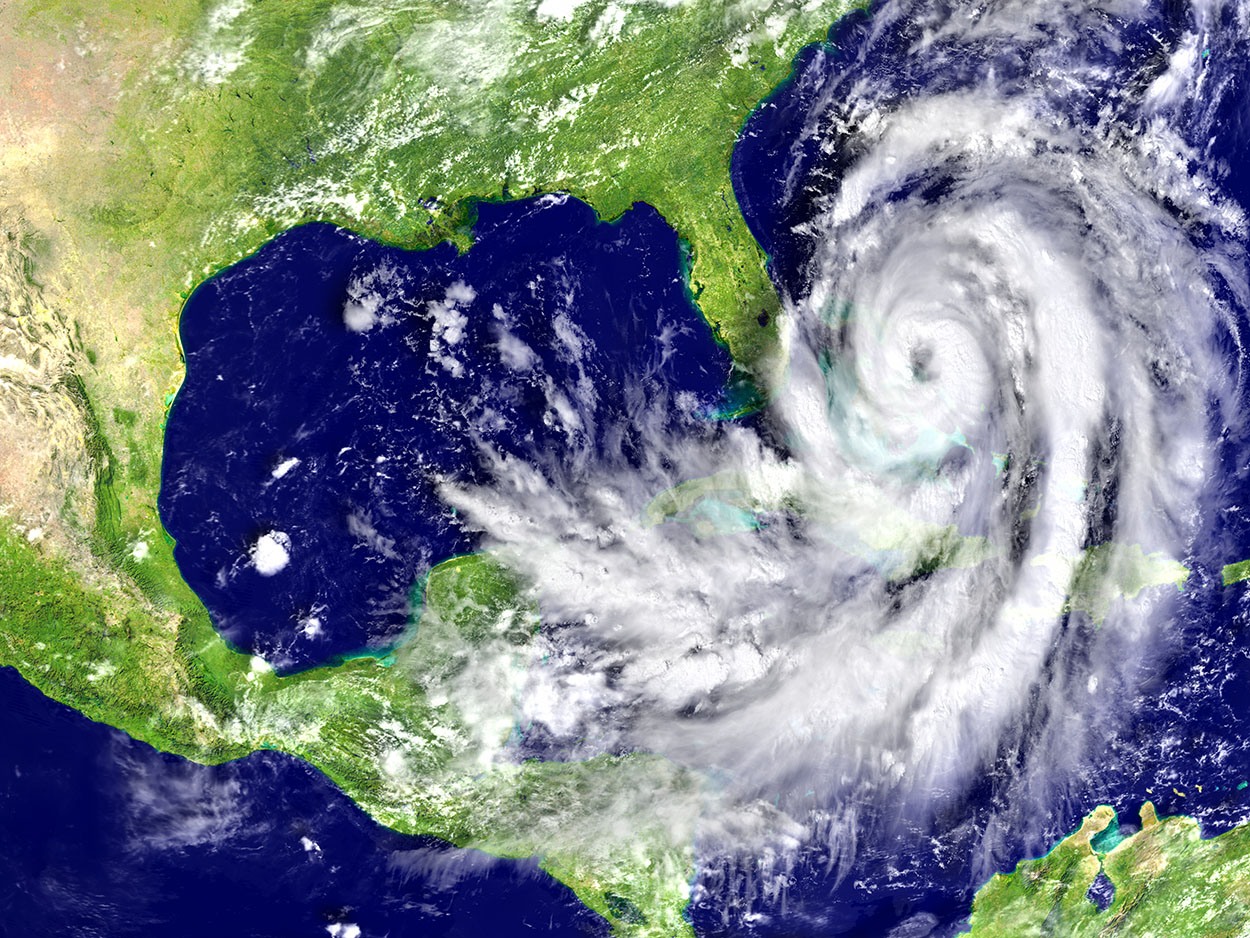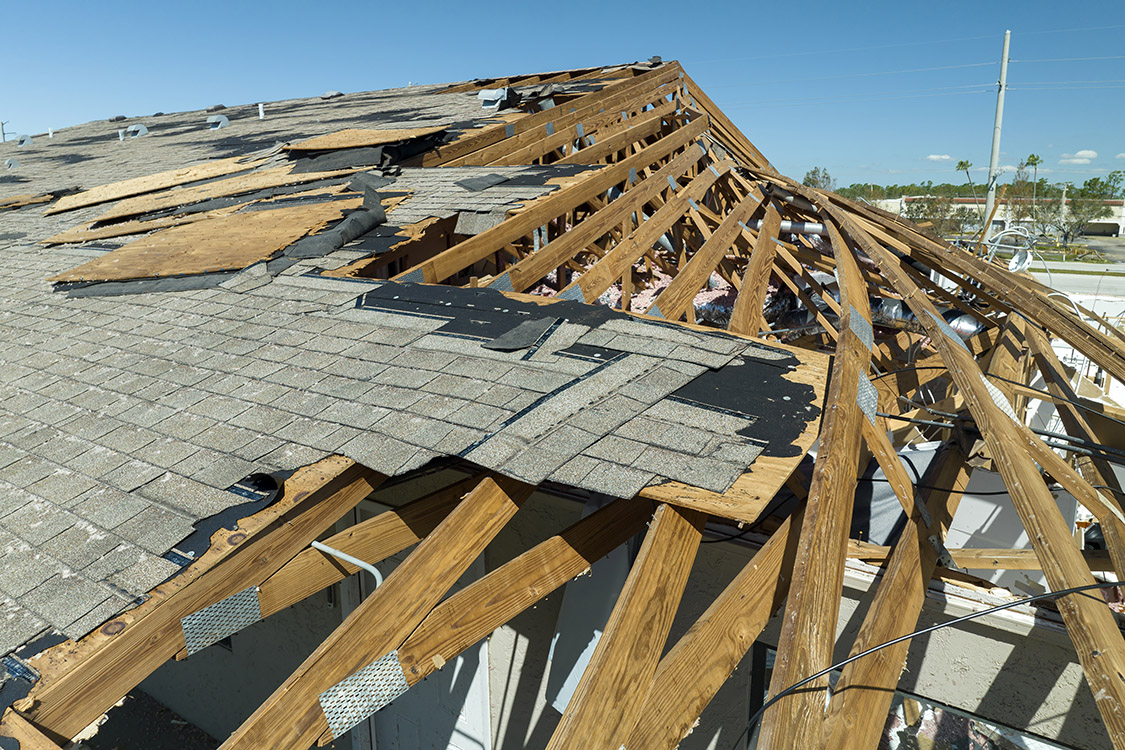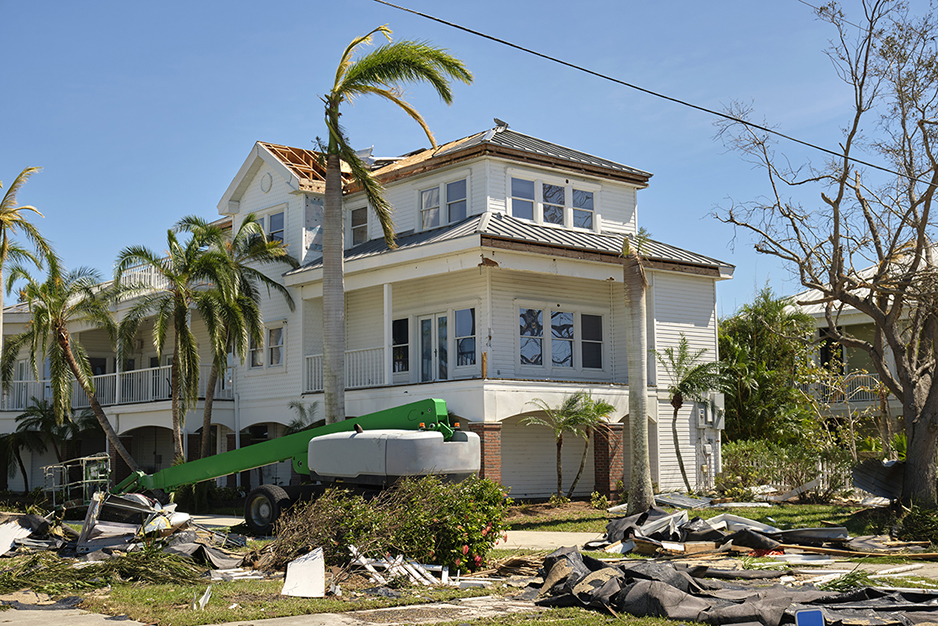Property Insurance and Hurricane Season 2024 - What Florida Property Owners Should Know
With the 2024 hurricane season on the horizon and an expected 23 named storms, it's important for Florida property and business owners to start preparing now. The information in this article will help you understand your insurance and get ready for what could be a busy 5 months ahead and ensure you're well-informed about your insurance coverage.
2024 Hurricane Season Predictions
The forecast for the 2024 hurricane season indicates 23 named storms. This high number suggests that Florida could see significant activity, emphasizing the importance of early and thorough preparation. With climate patterns showing a trend towards more intense and frequent storms, properties in hurricane-prone areas must take these predictions seriously. The predictions not only highlight the potential for a higher number of storms, but also raises concerns about the possibility of more severe hurricanes making landfall. Understanding the forecast and its implications to your property, business and persons is the first step in preparing for what could be a challenging hurricane season.
These predictions serve as a crucial reminder for individuals and communities to review and update their hurricane preparedness plans. Given the unpredictability of storm paths and impacts, it's vital to prepare for a range of scenarios. This includes not only physical preparations to secure property, but also considering the potential need for evacuation. Staying informed about the latest weather updates and advisories will be key throughout the season. By acknowledging the forecast's significance, Florida property owners can take proactive steps to mitigate risks and protect their families, businesses and homes.
How to Prepare for Hurricane Season in Florida
Do you have storm safe windows, doors and openings to your property that are up to the current building codes? The building codes change based on the amount of storms and the magnitude of same related to the amount of damages based on the structural building codes in place. If you don’t have storm windows and doors, do you have shutters that are up to code and someone to install them timely and effectively? Are all of your computers backed up and the back up in a separate location?
Confirm your emergency supplies, and creat a clear evacuation plan. It's also wise to compile a list of contacts, including your insurance agents, local shelters and information needed in case you are relocated over a period of time. Keep these items accessible and possibly send yourself emails with pertinent information. Even if you do not have electricity after a storm, someone you know, or a municipality nearby is helpful. Beyond these initial steps, consider reinforcing your buildings structure by checking the roof, windows, and doors for vulnerabilities. Trim trees and secure loose outdoor items to reduce the risk of property damage. Establishing a communication plan with family members is crucial, especially if you need to evacuate or if power and communication networks are down.
Another aspect of preparation involves financial readiness. Ensure you have access to emergency funds and important documents are stored in a waterproof container, including all insurance policies. If you do not have a policy, make sure you request one prior to storm season, which begins June 1st. Review your policy and make sure your limits are accurate. There are many different types of insurance in each policy; you must know what is covered and what you are required to do to ensure that your potential claim will be covered.
Create a home and business inventory (if you own a business). This is incredibly helpful for insurance claims post-storm. Taking photos and listing the items in your home, along with their estimated value, can streamline the claims process and help you recover more quickly. By taking these comprehensive preparation steps, you can significantly reduce the stress and impact of hurricane season.
Reviewing Your Insurance Coverage Before Hurricane Season
Before hurricane season begins, take the time to review your insurance policy. Make sure you understand what is and isn't covered. Look for any gaps in your coverage, especially concerning hurricane or windstorm damage, and consider additional policies if necessary. It's not uncommon for homeowners to discover too late that their policies do not cover specific types of storm damage or that their coverage limits are insufficient for their current needs. This review should extend beyond just your property insurance; consider the need for flood insurance, as flooding often accompanies hurricanes and is typically not covered under standard homeowners' policies.
Contacting your insurance agent to ask questions and clarify your coverage can provide peace of mind and uncover options for enhancing your protection. For example, you may find that increasing your coverage limits or lowering your deductible makes sense for your situation. It's also a good time to inquire about any discounts for hurricane-proofing measures you've implemented in your properties. Insurance policies can be complex, and terms regarding hurricane damage can vary widely. Therefore, taking the time to thoroughly understand your policy before the hurricane season is essential. This proactive approach ensures that you're not only prepared for the physical impact of a storm but also for the financial implications.
Reviewing and understanding your insurance coverage is a critical part of this preparation. If you have questions or need guidance, reach out to Knoerr Law Group who specialize in property damage and insurance claims. We can provide valuable advice and help you navigate the complexities of your insurance policy.
Don't wait until it's too late to understand your coverage and rights. Contact us today at (954) 749-3151 for a consultation and let us help you prepare.
‹ Back









